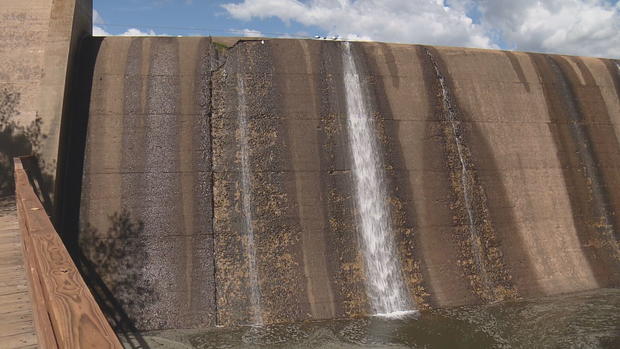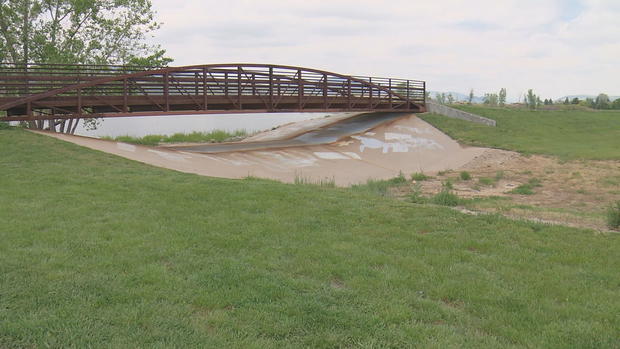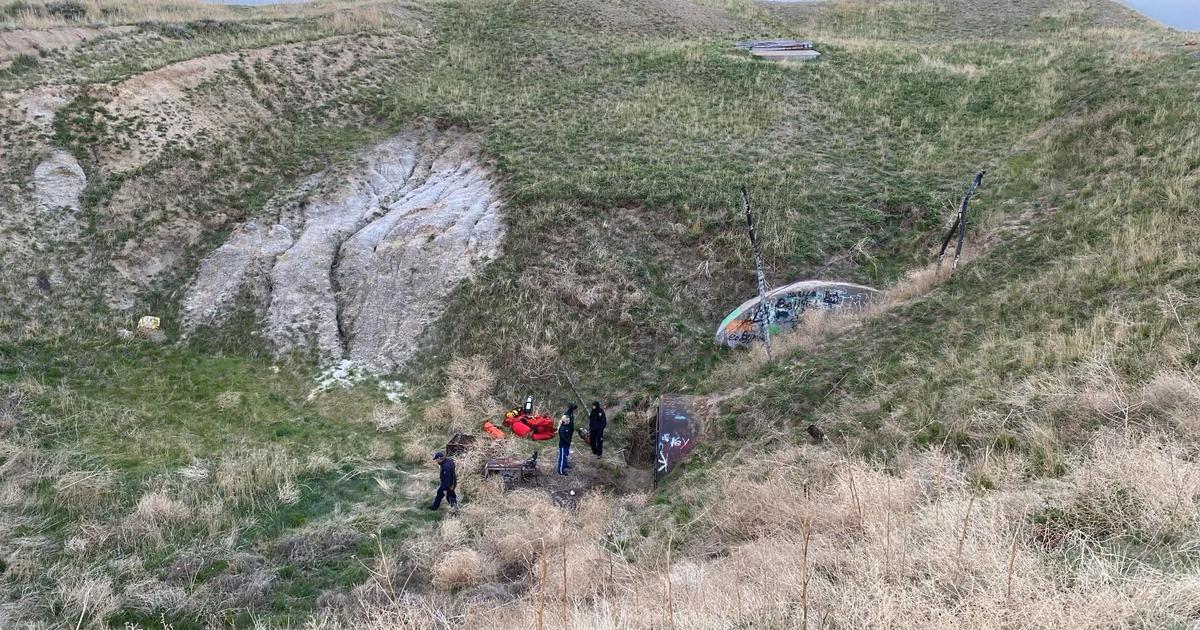Are Dams Safe In Colorado? Top Dam Safety Official Explains Steps To Prevent Devastating Floods
(CBS4) - One week after destructive flooding in Midland, Michigan, due to broken dams, CBS4 Investigates has found there are 32 dams in Colorado that have been flagged for potential failure.
Those 32 dams were listed as "unsatisfactory" in their most recent inspections, which means emergency actions must be taken to protect nearby communities. Six of those unsatisfactory dams are in Jefferson County, and two are in Denver.
"If we determine that a dam is going to be unsatisfactory, then we take some immediate action to reduce the likelihood of anything happening to the folks downstream of those dams," said Bill McCormick, the Chief of Dam Safety for the Colorado Division of Water Resources.
Those immediate actions include requiring the reservoirs they serve to be slightly drained so they hold lower water levels than normal, and working with dam owners to ensure proper repairs are made to the dams.
"The restrictions basically render the dam safe at that restricted level," McCormick said.
But those restrictions on the reservoir capacity take an economic toll, as farmers rely on those reservoirs for agriculture, and some people need them for drinking water. Further, in the spring, when the snowpack is melting, some of the unsatisfactory dams are at an even higher risk of failure.
"We have a team of 12 dam safety engineers that work diligently around the state, and we recognize that we can't guarantee that every dam is going to be safe all of the time, but we take all of these steps," McCormick said.
One dam in Breckenridge, the Goose Pasture Tarn dam, which is the dam for the town's drinking water supply, is listed as unsatisfactory on the state's website. It is the only dam in Summit County that is unsatisfactory.
McCormick said the state is paying closer attention to that dam as the snow continues to melt.
On Wednesday McCormick said his department worked with emergency officials in Breckenridge to test a plan in case the Goose Pasture Tarn dam were to fail.
Last week, about 10,000 people had to be evacuated after one dam failed and another had a breach in Midland. High flood waters left behind a path of devastation. McCormick said it is unlikely something like that would happen in Colorado, but that's why his team remains vigilant.
"We have to maintain our diligence, and keep doing the things that we're doing," McCormick said.
In the 2020 Colorado Infrastructure Report Card, the state of dams overall were given a grade of a C-, meaning they are in "mediocre" condition and "require attention." McCormick said his team is working to address some of the recommendations in that report card.
"Colorado dam safety is a pretty forward-looking team, we've taken some industry standard steps of looking at failure modes and incorporating that into our program," McCormick said.
McCormick also said is team is looking at how climate change will affect dam safety moving forward.
"The pipelines that are underground, and the dams that are out of peoples' sight, yeah there is a tendency for those things to get forgotten," McCormick said. "People like to turn on the faucet and water comes out, and they don't necessarily think about where it comes from and the various infrastructure that makes that happen. Unfortunately, the tragic events like the Michigan failures bring that back to light."





